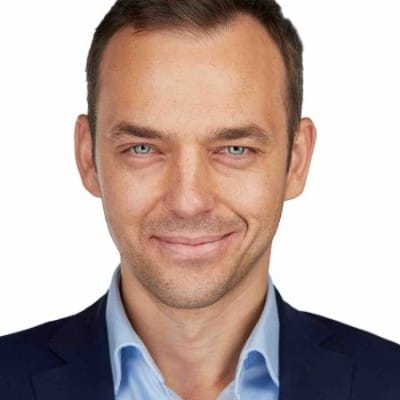Consumers packaged goods (CPG), such as food and cleaning products, that consumers buy regardless of the state of the economy, have always weathered recessions and crises, such as the COVID-19 pandemic, giving investors steady returns.
However, it’s not all business as usual. Some consumers are increasingly prepared to pay a premium for brands that reflect their concerns about their health and personal stance on ecological issues, while others struggle to afford brand leaders and opt for retailers’ own label products. Such challenges mean that even those CPG brands that have been around for centuries will need to continually develop their brands to keep in step with changing consumer needs. But product development has always been problematic, with consumer data specialists Nielsen reporting that 80-85% of all fast-moving consumer-good launches fail. It may be a steady business, but it’s not without risks, and if anything it’s getting more complex with the rise of social media and online shopping giving CPG companies, in categories such as shaving products and beer and wine, the ability to bypass bricks and mortar channels and sell directly to the consumer, often through a subscription plan.
CPG companies are facing challenges on the supply side too. Although automation allows companies to be more cost-efficient, there are still jobs that cannot currently be automated. One example of this is truck drivers, the problem being that the driver population is aging, migrant labour is not so readily available, especially here in the UK, and the younger generation is not attracted to this type of occupation, particularly when they have to pay upfront for their own training. This shortage is putting pressure on supply chain costs at a time when retailers are demanding shorter delivery windows, which, if missed, could result in penalties that directly hit operating profits.
The need for connected planning
Keeping manufacturing capacity for both mature products, and less certain new product introductions, aligned with demand has always been a challenge for the sector. So too has balancing investments between capital projects, that drive down production costs, and marketing expenditure, that supports the brand and drives sales of new products. Clearly many existing financial planning and analysis (FP&A) processes are woefully inadequate, with companies typically building safety buffers into forecasts, as they are compromised when it comes to running sensitivity analyses, that enable them to explore how commercial and operational decisions, as well as changing business assumptions, that impact profitability across different time horizons.
Industry experts evangelise about ‘integrated business planning' – that is an FP&A process that connects all the various planning functions across the business to enable the alignment of commercial, operational, and financial performance goals. The key is that these plans are not developed and managed in isolation, as they would be if done on spreadsheets of silo-ed applications, but are managed via a cohesive, collaborative enterprise-wide platform. Analyst group Gartner calls this ‘Extended Planning and Analysis (xP&A) while our partner Anaplan calls it ‘connected’ planning.
The benefits CPG companies gain with ‘Connected Planning’
Here are some of the benefits that pioneering CPG companies, that have already embraced ‘connected’ planning, have gained:
- Baltika, the Russian unit of global brewing giant Carlsberg that has over 9,000 employees and manufactures 87 different brands of beer, reduced the time taken to produce quarterly P&L calculation by 57% and significantly improved their agility in financial planning, being able to adjust the forecast quickly to the changing business assumptions.
- Dutch fruit and vegetable supplier, The Greenery, which operates 24/7, now has real-time visibility into staffing and refreshes forecasts every hour, giving far greater agility in its supply chain, improving order fulfillment while saving on workforce costs. The Greenery is now deploying more than a dozen additional connected supply chain and finance use cases on the Anaplan platform.
- Global foods company Del Monte replaced hundreds of spreadsheets and inflexible legacy tools with Anaplan. They can now realign production plans to changing demand in 5 minutes, rather than 5 days, helping them respond faster to unforeseen events such as El Niño, minimizing waste and improving profitability.
There are plenty of others enjoying similarly transformational benefits including personal care manufacturer L'Oréal, andglobal drinks companies, Martell Mumm Perrier-Jouët and Pernod Ricard.
Join us for an in-depth insight into one CPG transformation
Branded consumer goods manufacturer Orkla ASA operates in the Nordic region, Eastern Europe, Asia and the USA with a wide-ranging product portfolio spanning confectionery, bakery, foods and healthcare. Needless to say, it’s a complex organisation that was facing some significant challenges. Sign up for our Webinar - Agile FP&A for Consumer Packaged Goods, and gain an in-depth insight!






